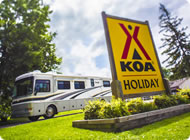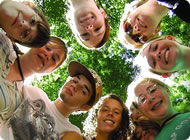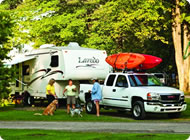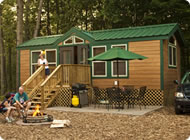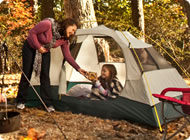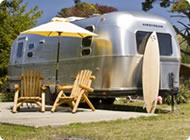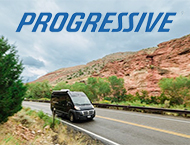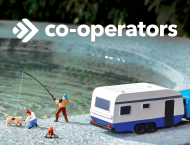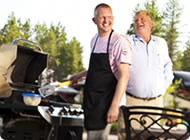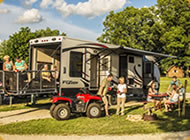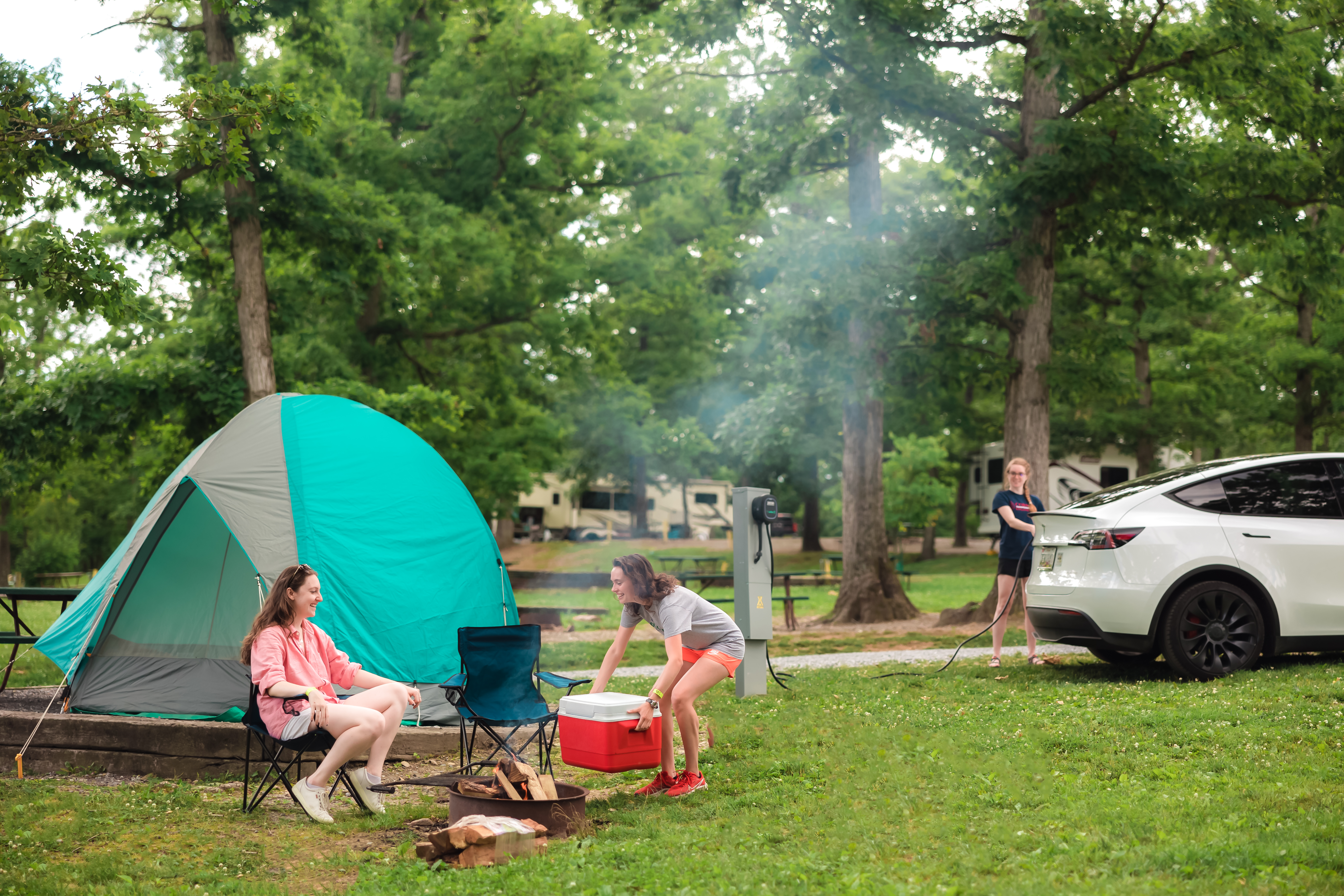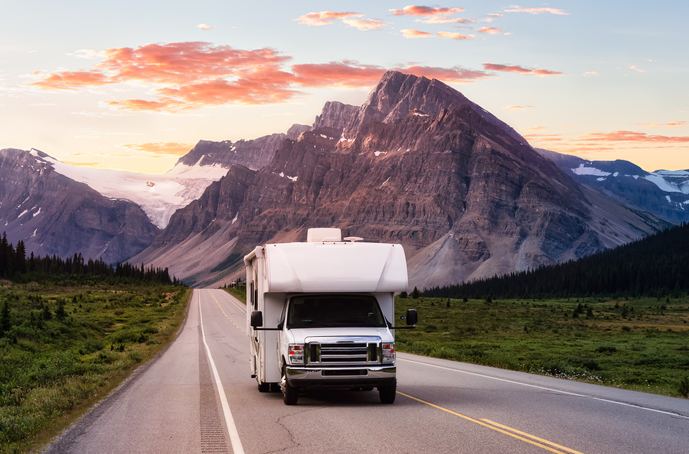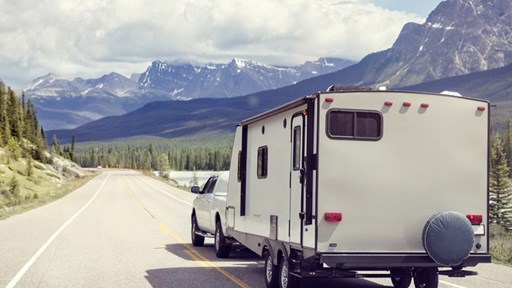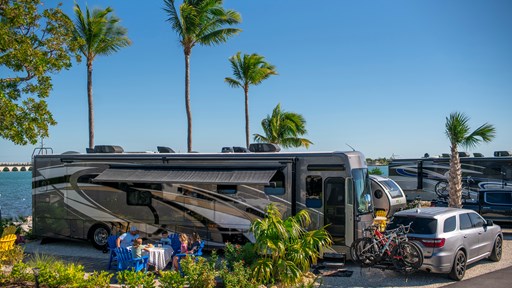Having a fundamental understanding of the systems and operation of your RV is imperative, whether you are new to owning a home on wheels or a veteran RVer. From knowing how to level your RV to understanding RV weights, operating the awning and slideouts properly, emptying the holding tanks, and so much more. Yes, it can be a lot to take in. The great news is that many ways to educate yourself about your RV exist: in-person classes, hands-on driving, online classes, YouTube videos, magazines, forums, and more. A variety of helpful tools are available, and we are here to break them down for you.
Classroom Learning
If you’re interested in classroom-style learning, note that RV shows and rallies often engage experts to present seminars. The Family Motor Coach Association (FMCA) takes it one step further with a course called RV Basics. This two-and-a-half-day program will acquaint (or reacquaint) you with your RV’s operation and systems. RV Basics is conveniently scheduled right before each FMCA International Convention & RV Expo. Knowledgeable presenters share how-tos and instruction to help keep RV adventures in your motorhome, travel trailer, or fifth wheel safe and trouble-free.
Hands-On Learning
What better way to learn how to maneuver and drive an RV than hands-on training? FMCA, in partnership with the RV Driving School, offers a pair of programs for those wishing to become safer and more confident drivers. All training is done using YOUR RV. The RV Driving Class is a two-day program with classroom instruction on day 1 and behind-the-wheel training on day 2.
The RV Backing Class is a one-day session with 2 hours of training in the morning and 3.5 hours of individual backing practice in the afternoon. Seats are limited for each class.
Online Classes
Maybe you’re more of an online learner? A wealth of information is available on the internet, but you need to consider the source. FMCA is a trusted organization that provides an online hub of RV-related resources exclusively to its members through FMCA University. Members can log on to FMCA University 24/7 to learn about things such as winterizing an RV, RV entertainment systems, motorhome chassis, RVing tips, and so much more, provided by RV industry experts.
YouTube Videos
You could spend days on end watching YouTube videos related to RV life. RV manufacturers and various other RV organizations provide a wide variety of educational YouTube videos. With content intended for everyone from beginning RVers to veteran RV travelers, topics include DIY project tips; camping hacks; propane, plumbing, and brake systems; and more much. The great thing is about YouTube videos is that they are free and easy to access. Plus, you can learn at your own pace.
Magazines
RV magazines are another useful educational resource. Not only can you read articles written and published by RV industry experts, but you can browse through the classifieds to find a fit to your need. Or read about the latest recall news that you may have missed. It’s important to stay abreast of RV information. Read the latest RV lifestyle and tech tips, learn about places to visit, etc.
Online Forums
Perhaps you enjoy interacting with other RV owners and prospective owners. Forums provide a place for RV enthusiasts to exchange information. Say, for instance, you have started to hear an unusual sound while backing your RV. Forums are a great way to reach out and chat with others to see whether they have experienced the same thing and to learn how they might have handled the issue.
Checking The Facts
No matter how you choose to educate yourself, the bottom line is that RV education is important and should not be taken lightly. Simple mistakes can be very costly to fix or repair, so be careful when educating yourself. Make sure that you are pursuing information from credible sources. Check the facts. Ask yourself the following questions: How timely is the information? Is it current and relevant? What is the source of the information? Is the source reliable and the information accurate? As we all know, not everything we read on the internet is true. So, take care when searching for RV-related information. Safe and happy travels!






